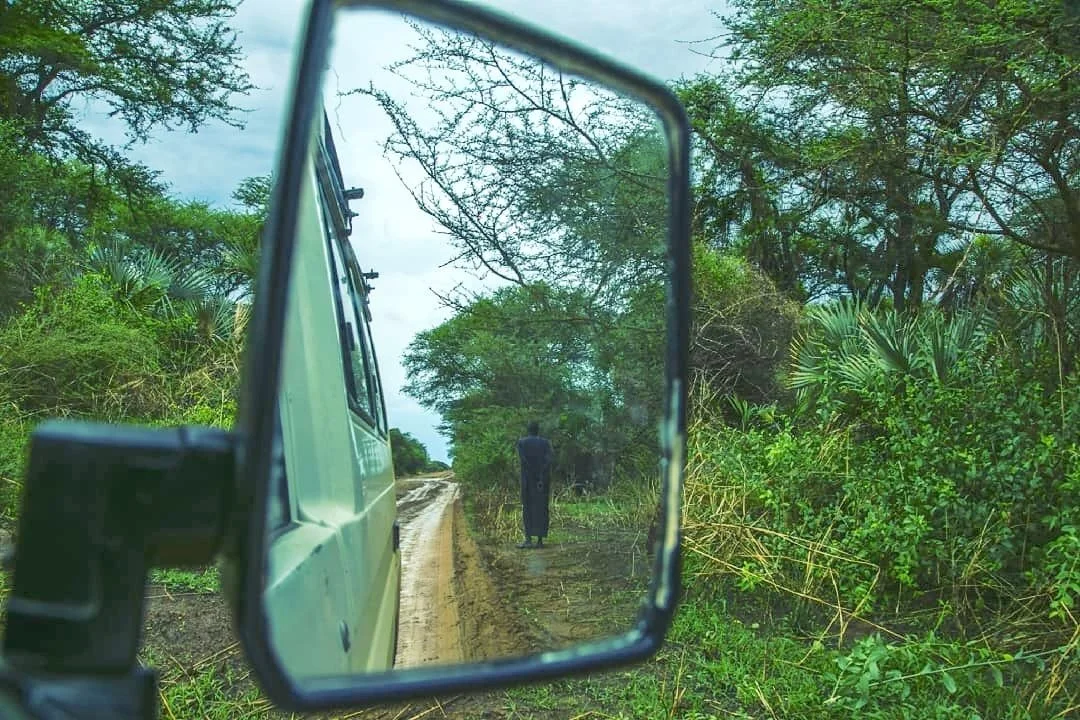
P_SouthSudanRadio

Fostering conversations on GBV through radio in South Sudan
Radio remains a vital channel of communication in South Sudan, where limited literacy and infrastructure restrict access to information. Media in Cooperation and Transition (MiCT) is working with journalists, radio stations and civil society groups to improve how gender-based violence (GBV) is reported and discussed on the airwaves.
Radio remains a vital channel of communication in South Sudan, where limited literacy and infrastructure restrict access to information. Media in Cooperation and Transition (MiCT) is working with journalists, radio stations and civil society groups to improve how gender-based violence (GBV) is reported and discussed on the airwaves.
South Sudan continues to report some of the highest levels of gender-based violence (GBV) globally. According to the World Bank, “65 percent of women and girls experience physical and/or sexual violence in their lifetime”, with more than half reporting intimate partner violence (World Bank, 2023). Deep-rooted patriarchal norms, entrenched during years of conflict, have normalised violence and inequality, creating a context where women’s rights are often overlooked.
Practices such as brideprice can create imbalances of power. In South Sudan, one study found that “brideprice transactions, typically between men, often lead to a sense of entitlement over women, affecting women’s rights and their treatment” (PeaceRep, 2024). The research further links brideprice to practices like early and child marriage and widow inheritance, which restrict women’s independence and rights.
Blame is often shifted onto women, with responsibility placed on them to avoid violence. Communities, customary courts or others may expect women to prevent provocation rather than holding perpetrators accountable. For example, a study of attitudes toward violence against women in South Sudan describes norms where women are expected not to “incite” violence, and any perceived misstep becomes justification in community responses (PMC, 2024). These perspectives limit accountability and make it harder for survivors to seek help.
Changing these norms requires open public discussion – something that remains difficult in many parts of the country due to limited access to reliable media.
Radio as a platform for informed dialogue
With literacy levels low and more than 80 percent of people living in rural areas (IFAD, 2025), radio plays an essential role in community life. It allows messages to be shared in local languages, using formats that reflect the way people already talk about issues.
The ResPEct GBV Radio Project builds on this foundation. It supports 15 radio stations and 10 civil society organisations (CSOs) across the country to develop and share content that addresses GBV in a sensitive and informed way.
Journalists involved in the project receive training and mentoring in ethical reporting and editorial standards. CSOs contribute their community connections, local knowledge, and experience working with survivors. Together, they produce programmes that provide clear information, challenge harmful norms, and reflect the realities of people’s lives.
Radio segments include reports, feature stories, short bulletins, public service announcements, and longer talk shows. Listener feedback helps guide the direction of the content, ensuring it remains relevant and respectful.
Rather than increasing the number of reports on GBV alone, the project focuses on how these stories are told. It promotes language that respects survivors, avoids stereotypes, and encourages communities to reflect on the roles they can play in preventing violence.
The project is implemented by Media in Cooperation and Transition (MiCT), co-funded by the Federal Republic of Germany and the European Union, and supported by the Deutsche Gesellschaft für Internationale Zusammenarbeit (GIZ) GmbH as part of the ResPEct programme of the German Federal Ministry for Economic Cooperation and Development (BMZ).
